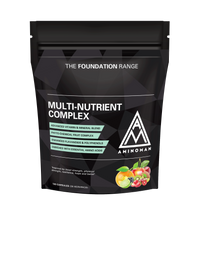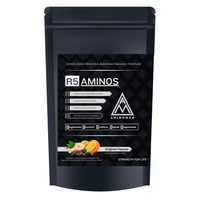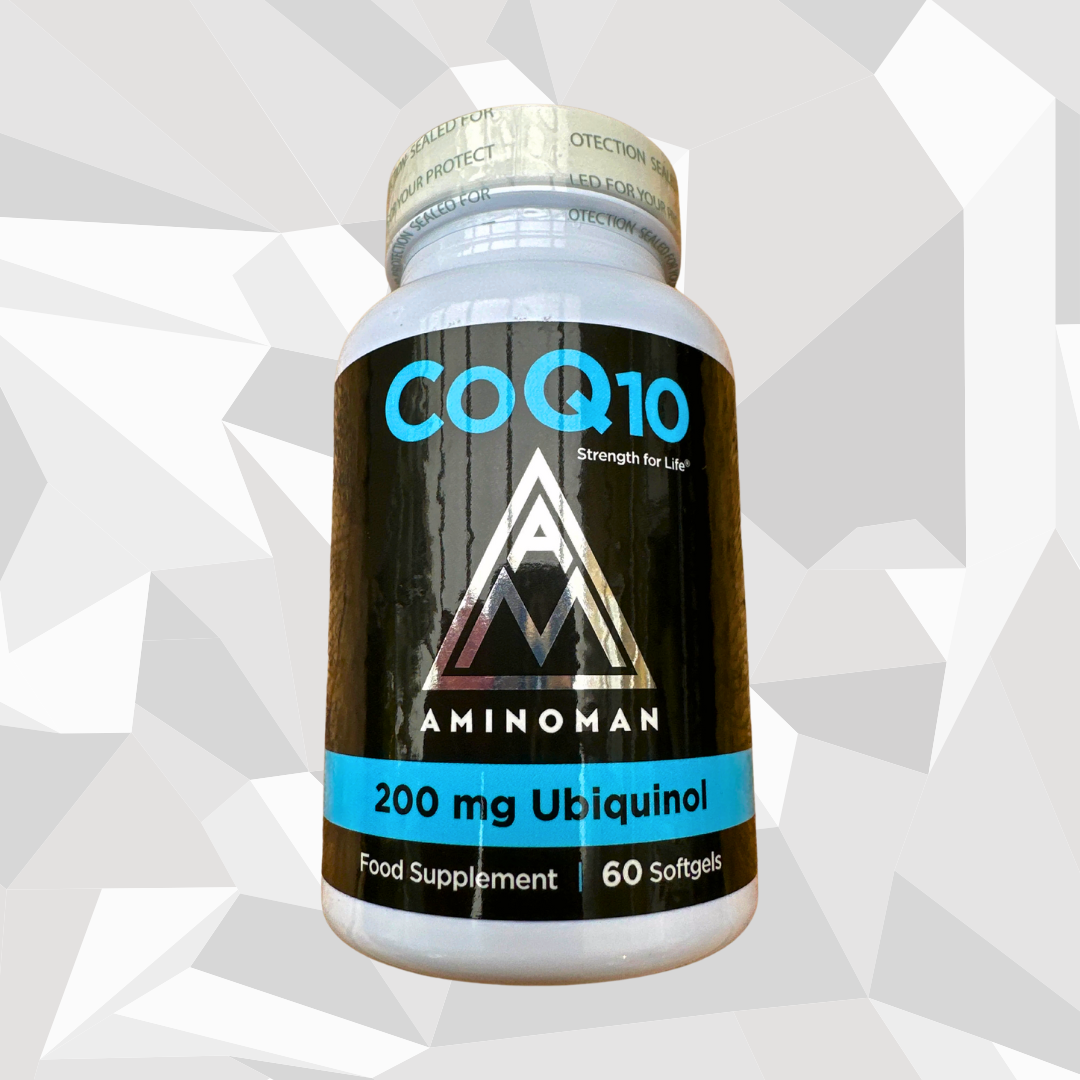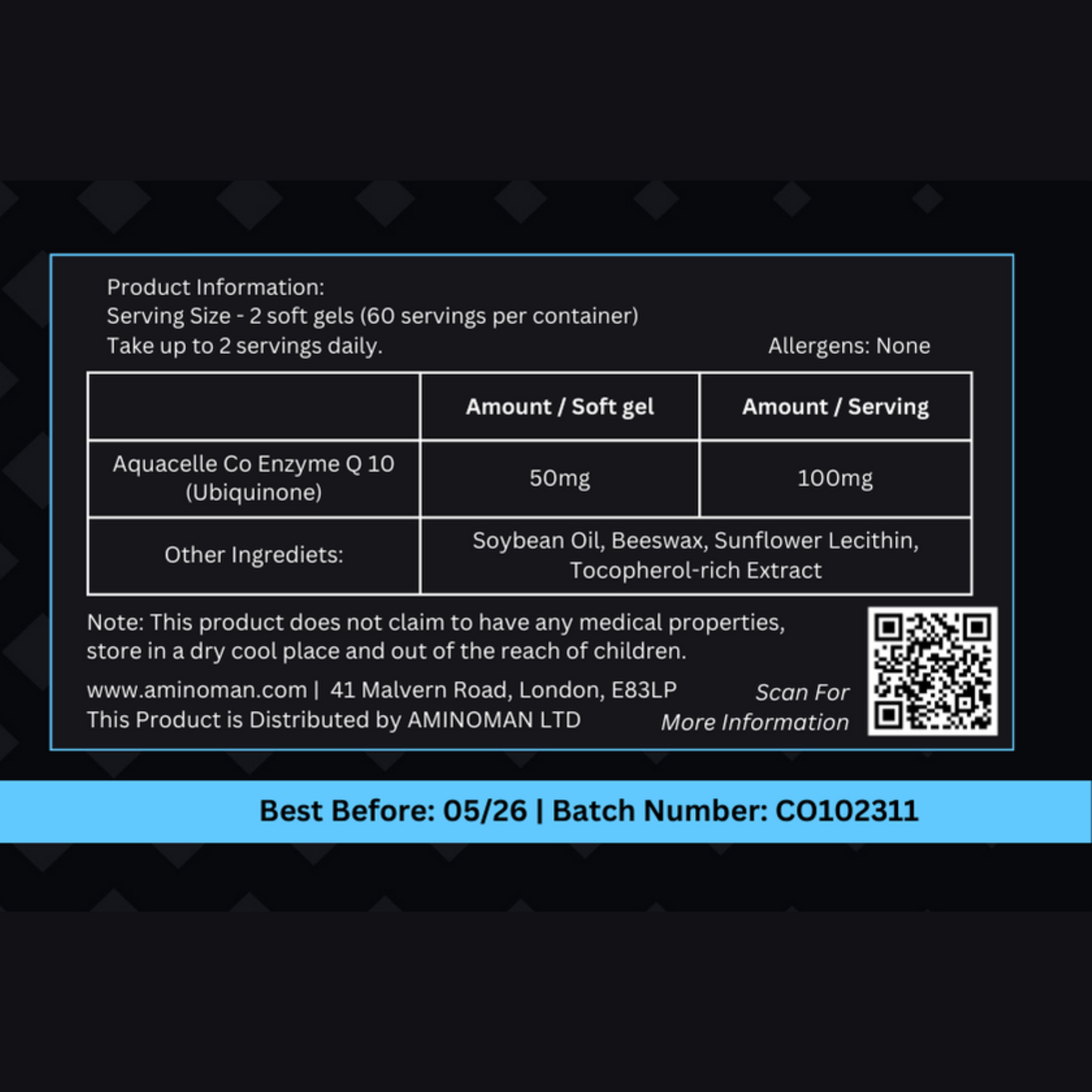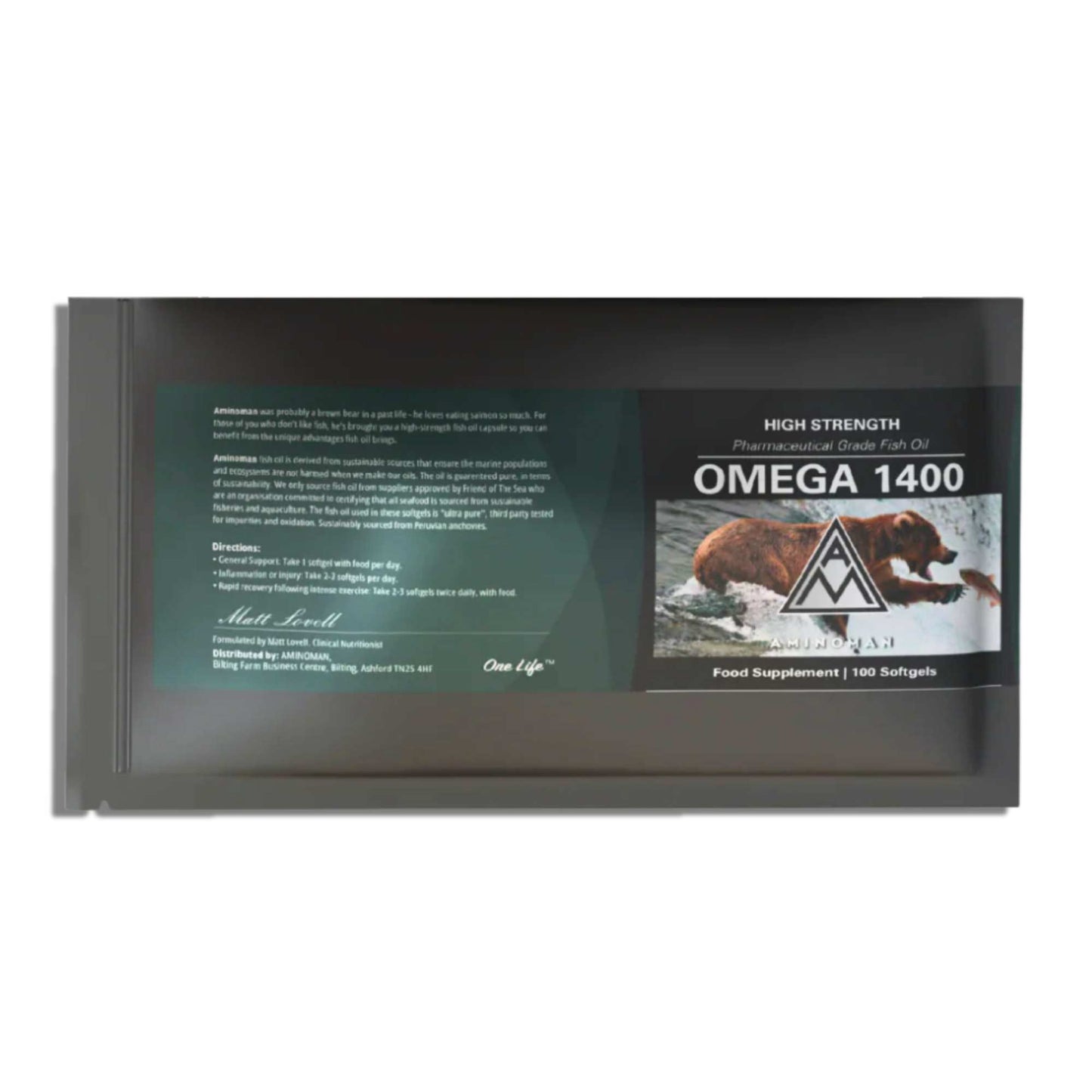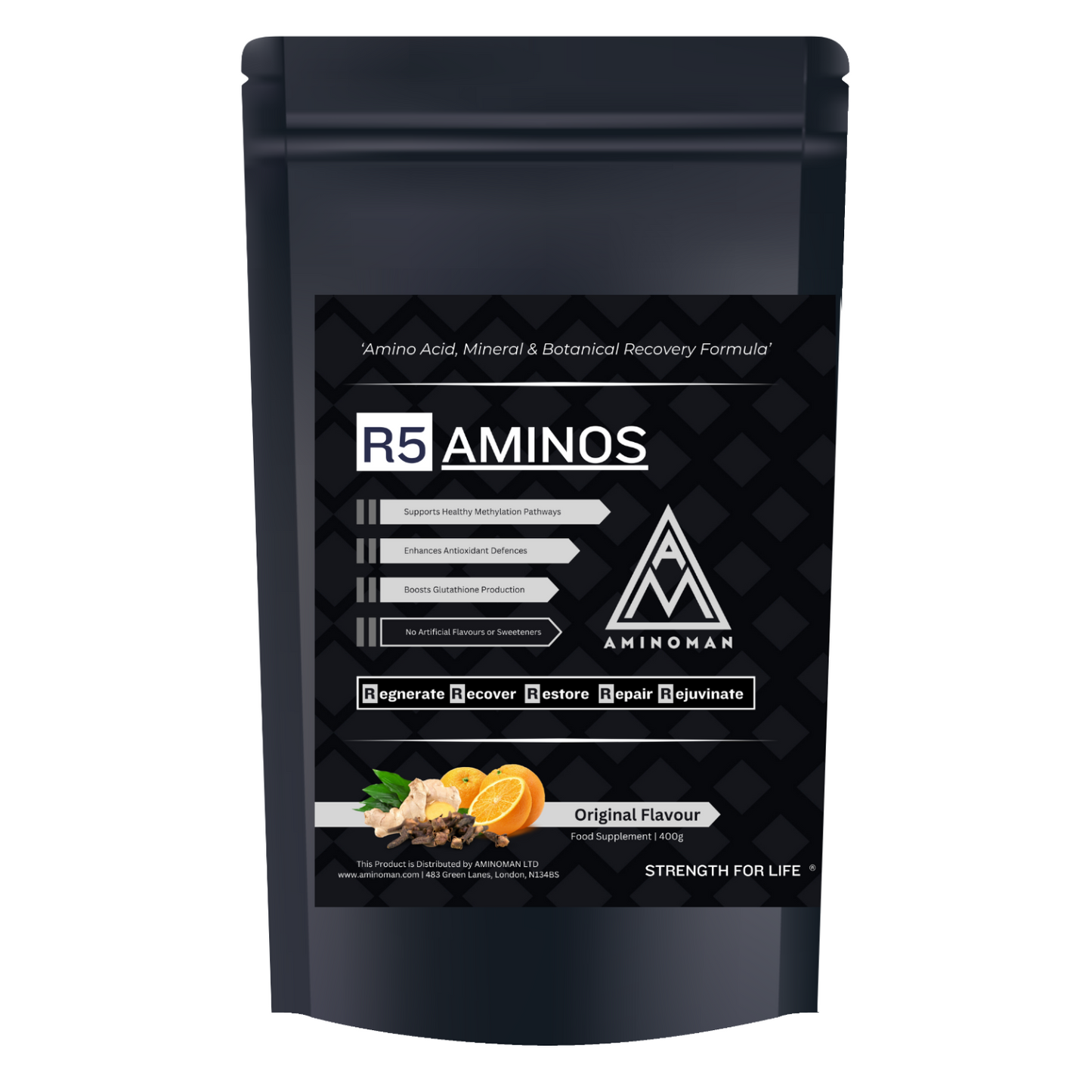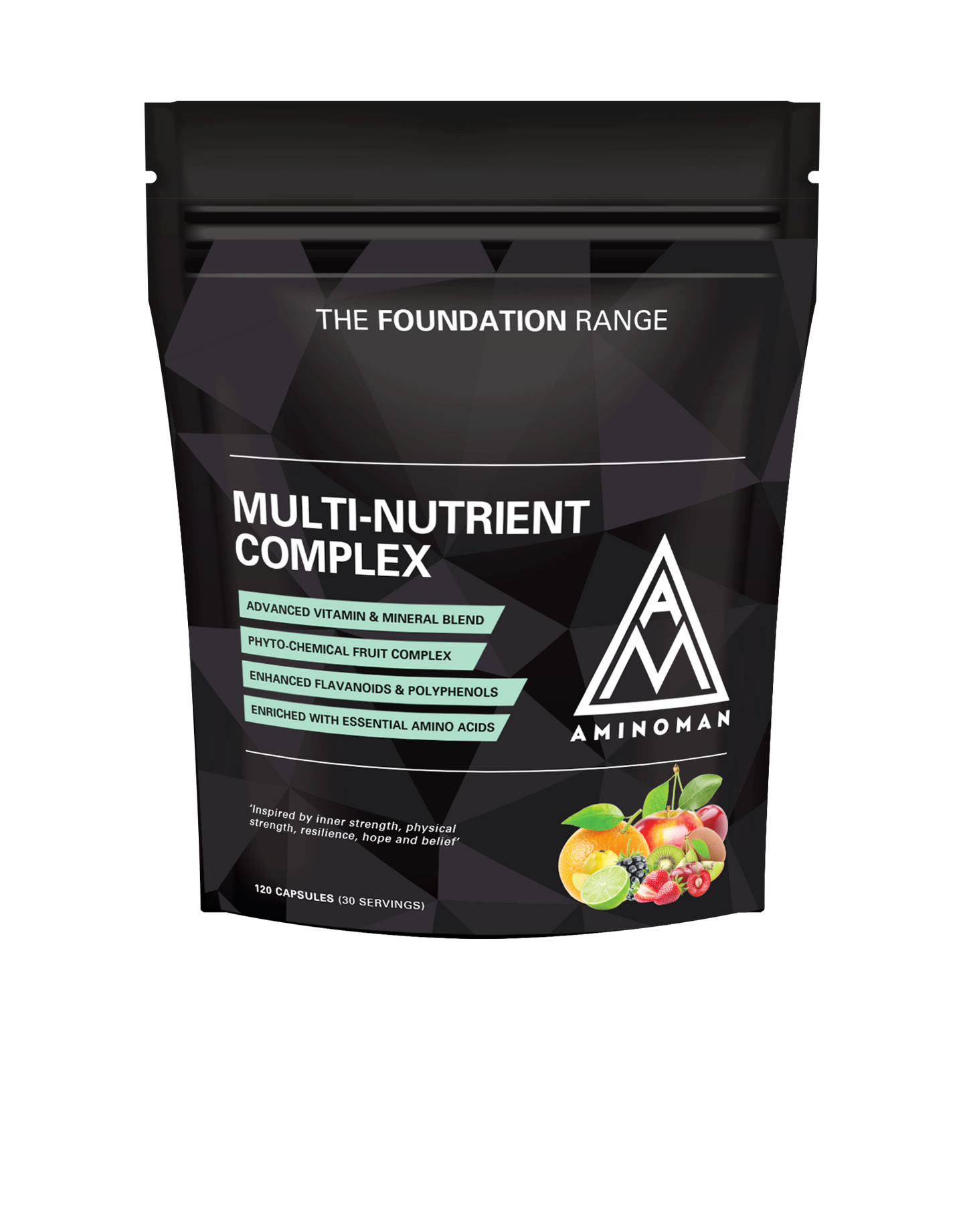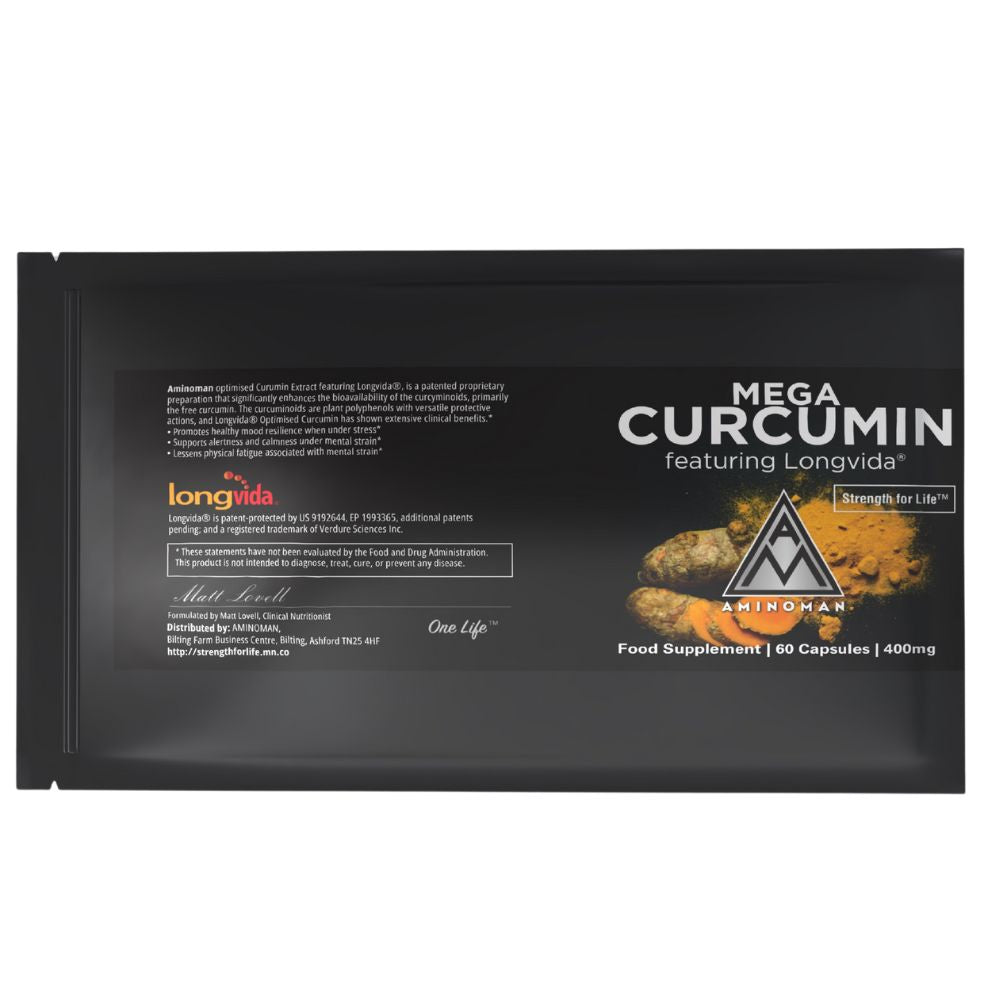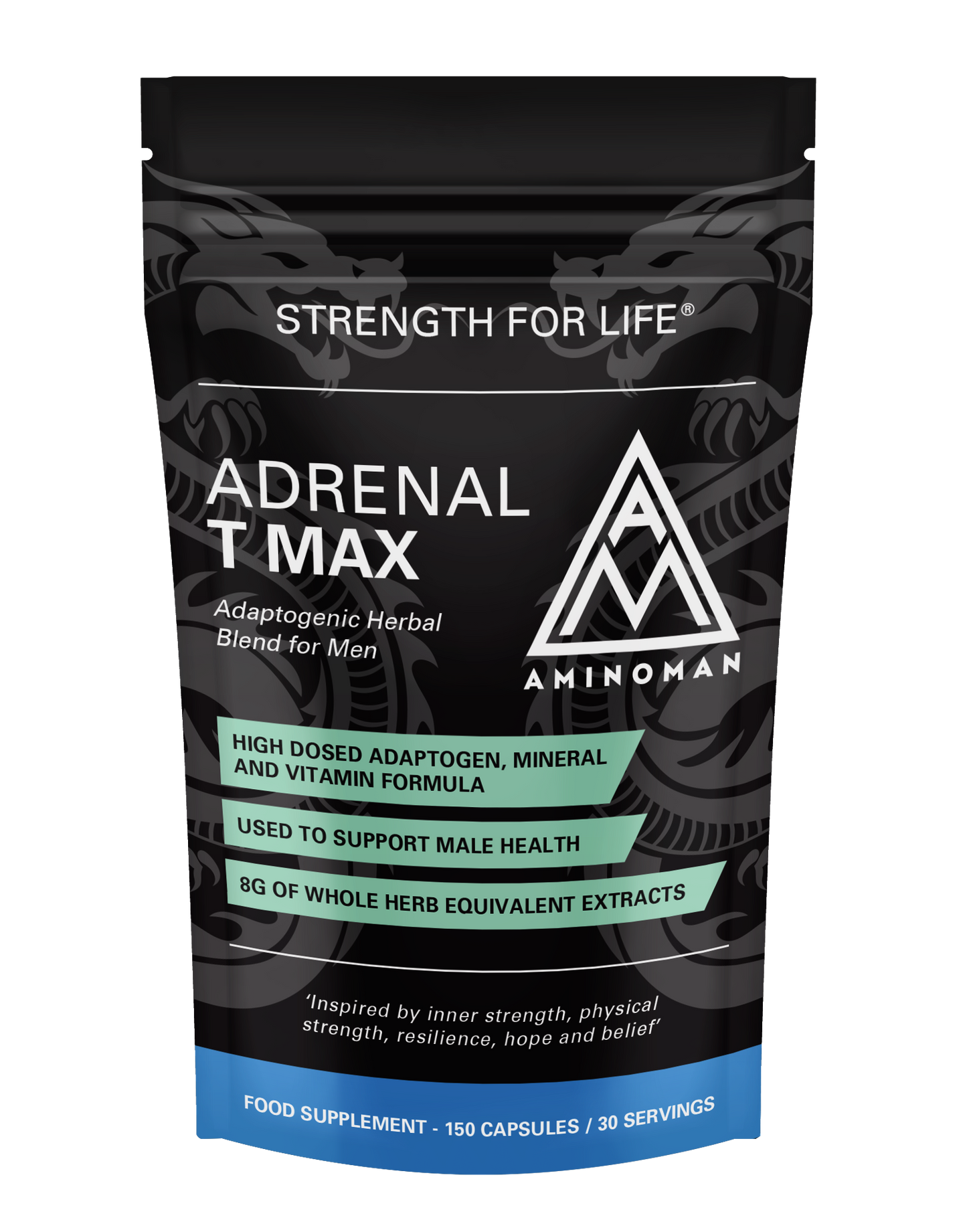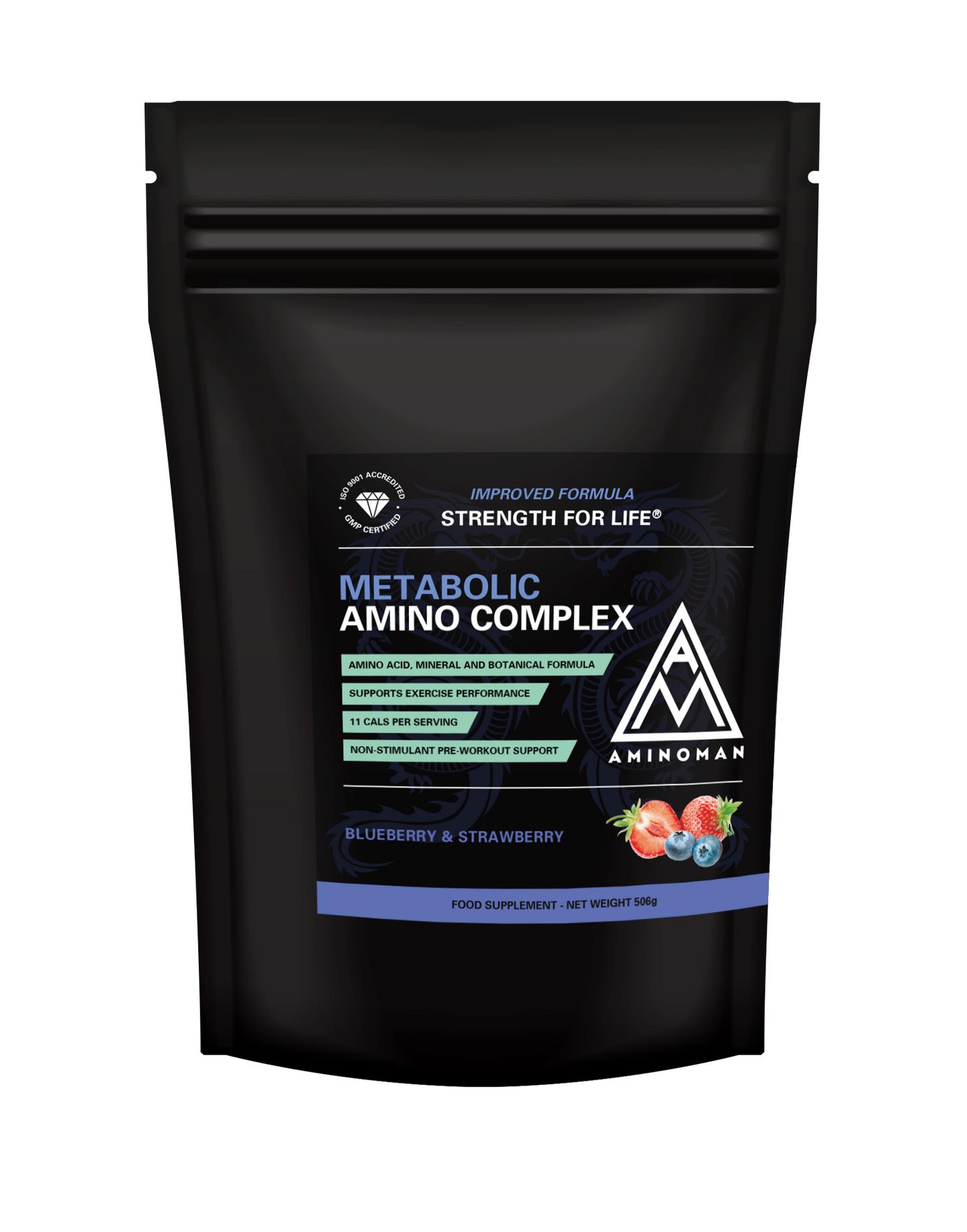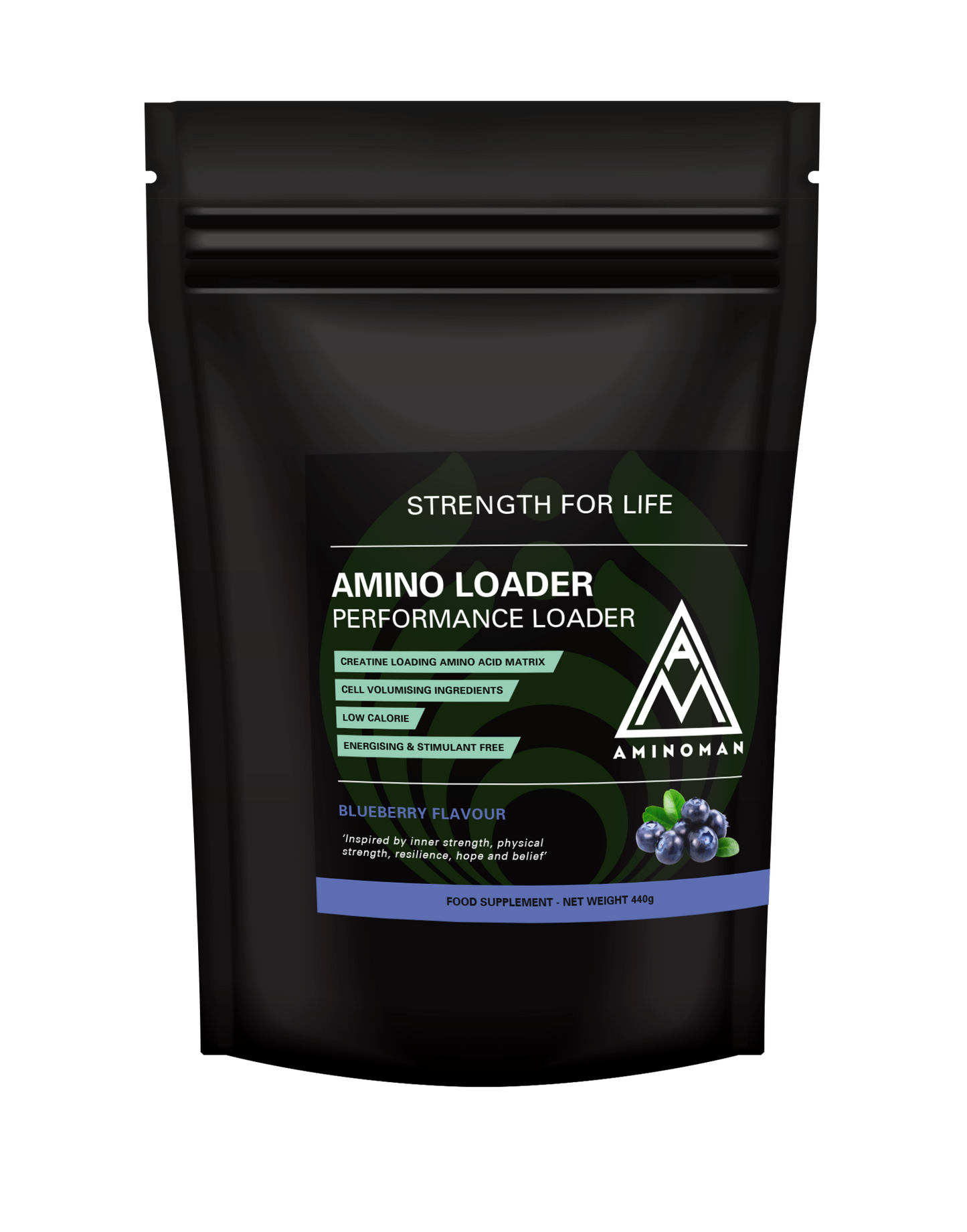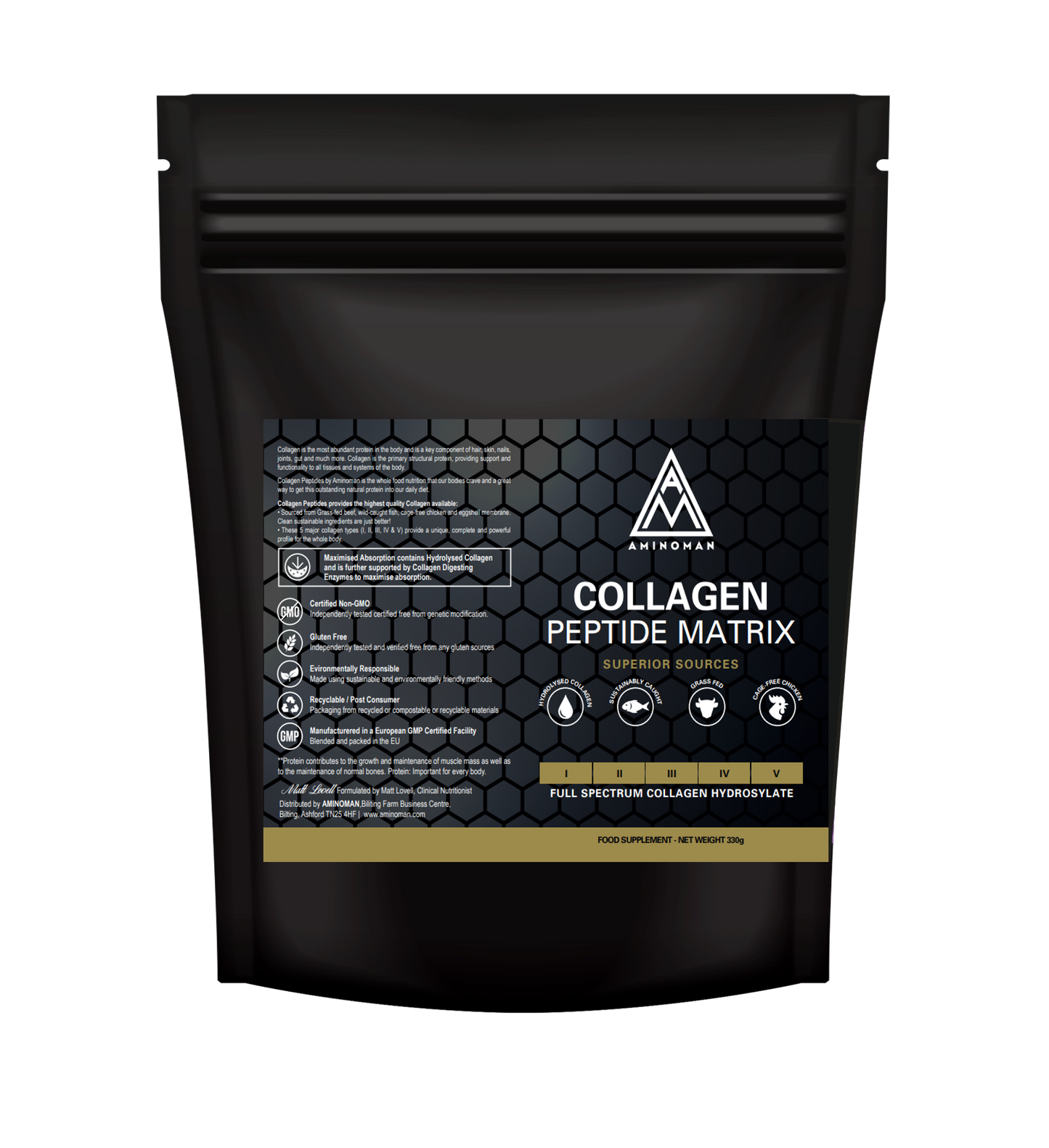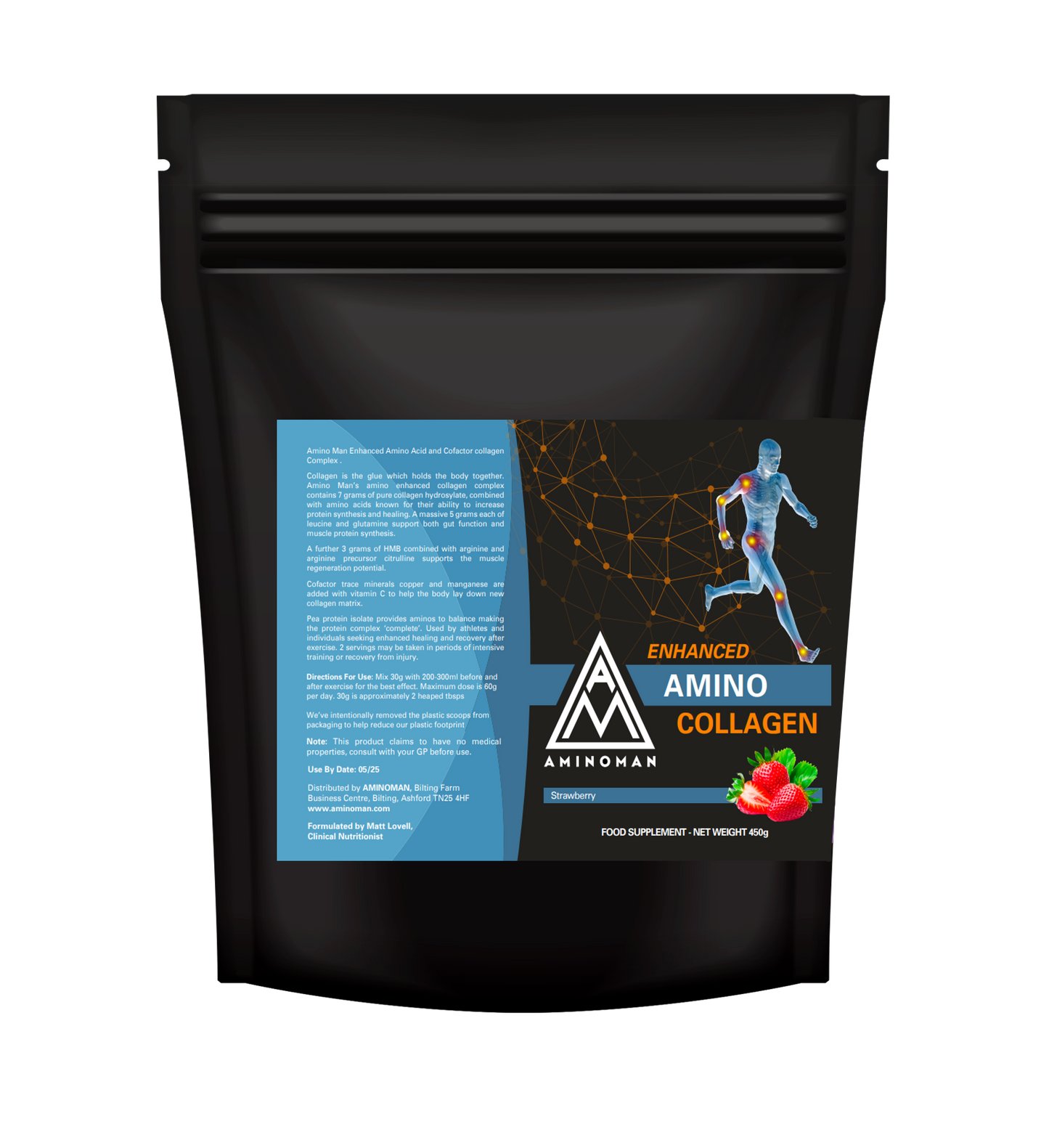Trusted by Professional Athletes & Sports Teams Worldwide
Our supplements are formulated by experts, trusted by sports scientists, and used by athletes from The FA, Team GB, Premier League clubs, and international sports teams.
The same performance nutrition protocols that fuel elite athletes are now trusted by busy executives, active individuals, and healthy families to achieve their peak potential.
ABOUT CoQ10 Ubiquinol (Kaneka QH™)
Amino Man CoQ10 features Kaneka QH™ ubiquinol, the most bioavailable and clinically studied form of CoQ10. Unlike ubiquinone, which must be converted by the body before use, ubiquinol is the active reduced form, ready for immediate uptake. This makes it especially valuable for older adults and those whose ability to convert CoQ10 diminishes with age.
Each softgel provides 200mg of Kaneka QH™ ubiquinol, produced via natural yeast fermentation and bioidentical to the CoQ10 found in the human body. Ubiquinol supports efficient cellular energy production and functions as a potent lipid-soluble antioxidant, helping maintain mitochondrial and cardiovascular health.
Kaneka QH™ is regarded as the gold standard in CoQ10 supplementation, with research showing absorption rates up to 8 times higher than conventional ubiquinone. Numerous studies have documented its benefits for cardiovascular function, exercise performance, oxidative stress reduction, and healthy aging.
With 60 softgels per bottle, Amino Man CoQ10 offers a convenient, premium-quality source of ubiquinol. Free from unnecessary additives, stabilised for purity, and developed with integrity, it’s designed to meet the demands of athletes, professionals, and individuals looking for reliable CoQ10 support.




